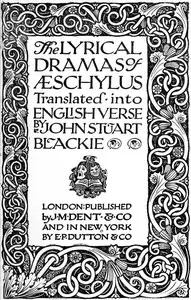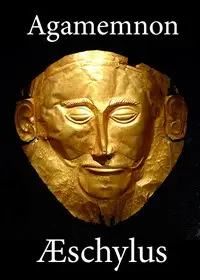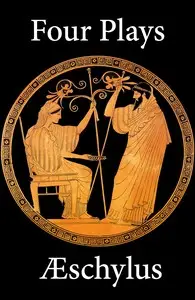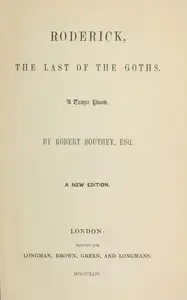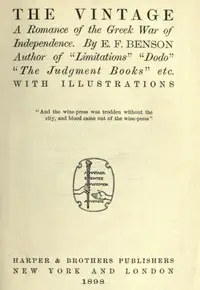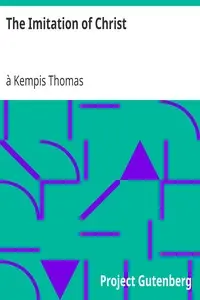"Specimens of Greek Tragedy" by Aeschylus and Sophocles is a collection of translated excerpts of ancient Greek plays that dates back to the late 19th century. The book serves as an insightful resource into the realm of Greek drama, exploring key themes such as fate, morality, and the dichotomy between human desire and divine intervention. Two of the most significant playwrights represented are Aeschylus, considered the father of tragedy, and Sophocles, who successfully advanced the genre with deeper character development and complex plots. The opening of the collection provides a comprehensive preface discussing the origins and evolution of Greek drama, emphasizing its beginnings associated with religious festivals honoring Dionysus. It highlights the dramatic structure and the use of chorus, along with detailed discussions of the plays' thematic essence and the societal context in which they were performed. From Prometheus's defiance against Zeus and the tragic demise of Agamemnon to the heart-wrenching narratives of familial duty and betrayal in Electra, the beginning of this compilation sets the stage for understanding the powerful emotional and philosophical undercurrents that defined Greek tragedy. (This is an automatically generated summary.)
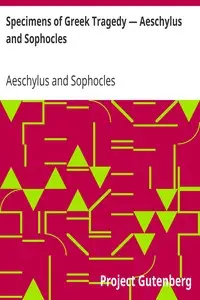
Specimens of Greek Tragedy — Aeschylus and Sophocles
By Aeschylus
Excerpts from various plays of Aeschylus and Sophocles.
Genres
Released
2004-12-01
Formats
epub3 (images)
mobi (images)
epub (images)
epub
mobi
Free Download
Overview
About the Author
Aeschylus was an ancient Greek tragedian often described as the father of tragedy. Academic knowledge of the genre begins with his work, and understanding of earlier Greek tragedy is largely based on inferences made from reading his surviving plays. According to Aristotle, he expanded the number of characters in the theatre and allowed conflict among them. Formerly, characters interacted only with the chorus.
Total Reviews
10.0k
Total reviews from Goodreads may change

